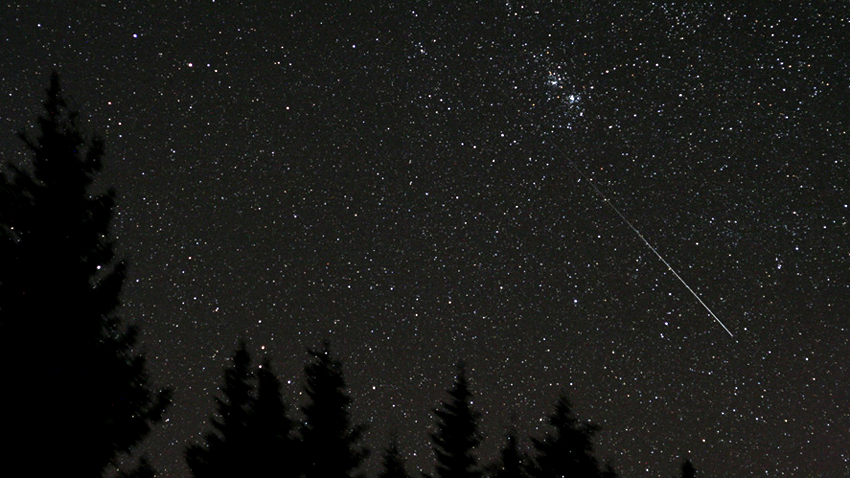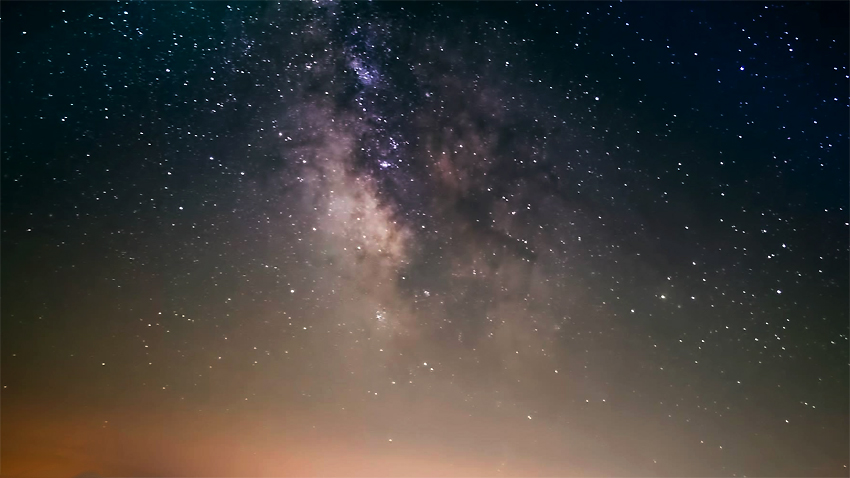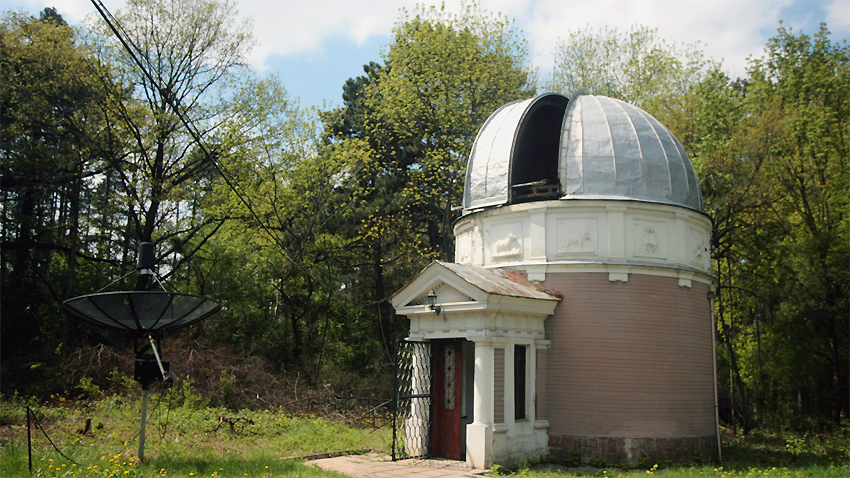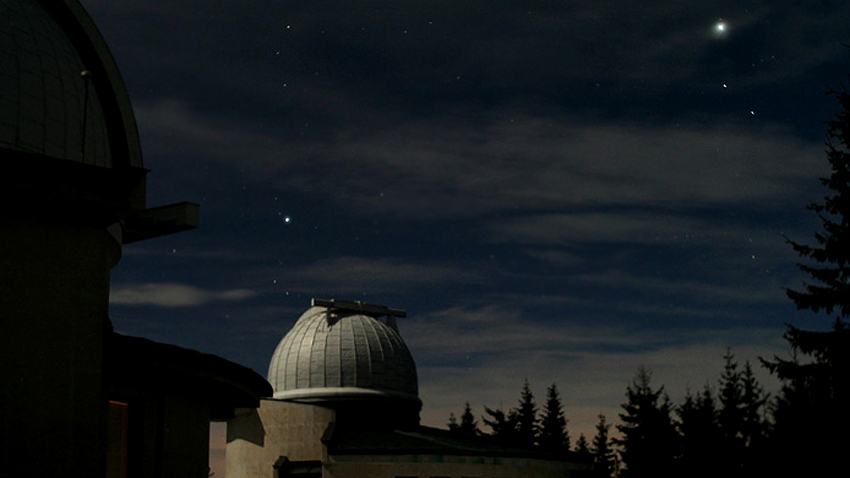Space and the celestial bodies have always fired the imagination of the human race. The starry sky may be breathtakingly beautiful, yet there are many dangers lurking there, often the result of geopolitical relations here, on Earth.
Just imagine an asteroid falling inside warring zones on Earth. It could well be seen as a hostile act and could trigger a nuclear response. Such a conflict very nearly flared up in 2013, when a meteor hit the Earth close to the town of Chelyabinsk in Russia.

One such hypothesis is described in the 1980s film Cosmos by legendary astronomer Carl Sagan. The film has inspired hundreds of young people all over the world who say that Sagan has changed their entire way of thinking, triggering a lifetime interest in science.
Dr. Pencho Markishki from the Bulgarian Academy of Sciences is one of the people greatly influenced by the ideas of the American astronomer. He says that theoretical knowledge of the planets is important but the practical skill of finding the different constellations in the sky is even more important. He remembers that besides the stars themselves, what attracted him were the optics and that he put together his first telescope using material he had at hand. Forty years ago factory-made telescopes were not readily available in Bulgaria. Dr. Markishki first watched the sky using lenses from eye-glasses and a slide projector. Science has gone a long way since then, and a good pair of binoculars for astronomical observation now costs no more than 100 Leva.
There are several astronomical observatories in Bulgaria now, a veritable tourist attraction, especially in summer. In Varna, Smolyan, Dimitrovgrad and Kurdjali, alongside research work, the observatories are open to the public and offer lectures. The idea is to popularize astronomy, with screenings at planetariums and simulations of different cosmic phenomena, says Dr. Markishki.

“The most famous of them all – the observatory at Rozhen was opened in March 1981, to mark the 1,300th anniversary of the founding of Bulgaria. Other important facilities were opened across the country on the same occasion. Since that time, when the sky is clear work has never stopped at the observatory in Rozhen and in Belogradchik. Scientists observe galaxies and distant celestial bodies."

"There is a tradition in Bulgaria of studying variable stars and that takes years of observation and processing of the results collected over long periods applying statistics. The changeability of the stars and their brightness is due to different processes taking place on their surface. It is our prime task to study this class of stars, and discoveries in this field do not come out of the blue as people may imagine.”

The first observatory in Bulgaria goes back to 1897 and it is in Borisova Gradina (Boris Garden) in Sofia. It is still used by students from the St. Kliment Ohridski University. University observatories work on all kinds of science projects. The problem is that large telescopes cannot be mounted in big cities because the city lights obscure the view. If you are far from the city and want to watch the night sky over Bulgaria, then there are wonderful surprises in store for you. Dr. Pencho Markishki:

“At night time after sundown, when the weather is clear, you can look to the southeast and see the planet Jupiter. It is the second brightest star after Venus. Until recently it was seen as an evening star. But as of the end of April it is a morning star. The evenstar and the daystar are the same thing – Venus, that was something Pythagoras had figured out in his day. Jupiter is a very interesting planet and using a telescope with a 70 to 100 times magnification lens you can see its satellites. And with a more powerful magnification you can even see the clouds in its atmosphere. That is a real thrill for people taking a look up at the sky through a telescope for the first time. Around 2.30 after midnight rises Saturn, again in the southeast. What makes it so interesting are its emblematic rings and they can be seen even using a less powerful telescope. Besides the two planets there are two comets now visible in the sky which are of interest to people with more specialized knowledge in astronomy.”
English version: Milena Daynova
Photos: BGNES, nao-rozhen.org and private libraryThe diplomas from the 11th master class in radio journalism of the Bulgarian National Radio – BNR Academy were awarded at a solemn ceremony on November 14. The lectures and practical classes in modern forms of radio journalism build on the professional..
Italy investigates claims of hunting of people in Sarajevo in the 1990s The prosecutor's office in Milan has launched an investigation into shocking reports of organized "sniper safaris" in Bosnia during the war in..
Albania and Bulgaria have joined forces in the name of one more child being born. In the late afternoon of November 7, the first-ever free reproductive medicine checkups, led by Bulgarian specialists, began in the Albanian town of Korçë — a region..

+359 2 9336 661
